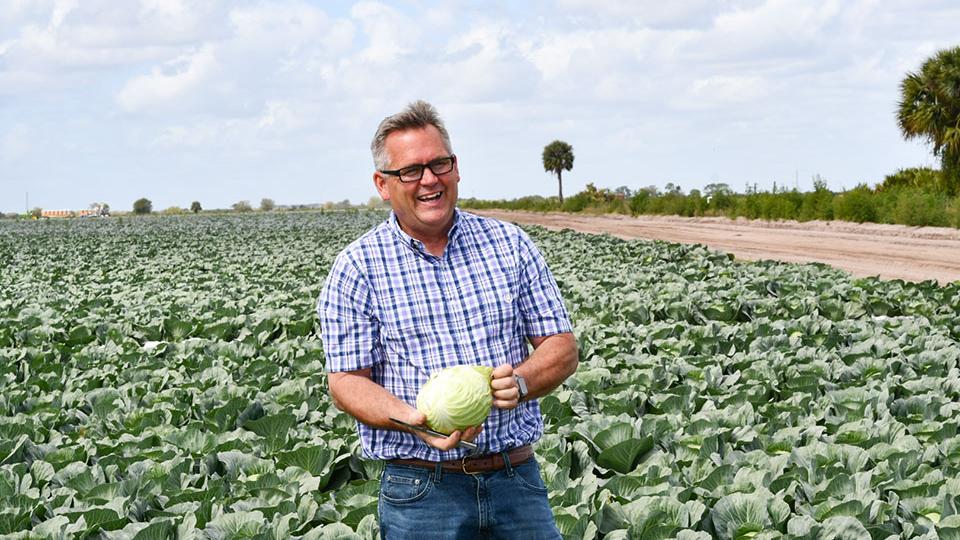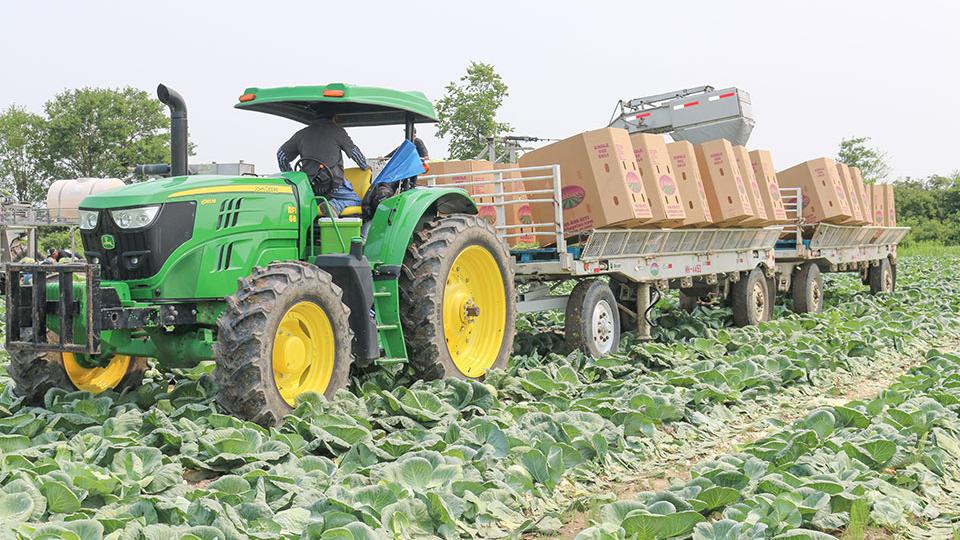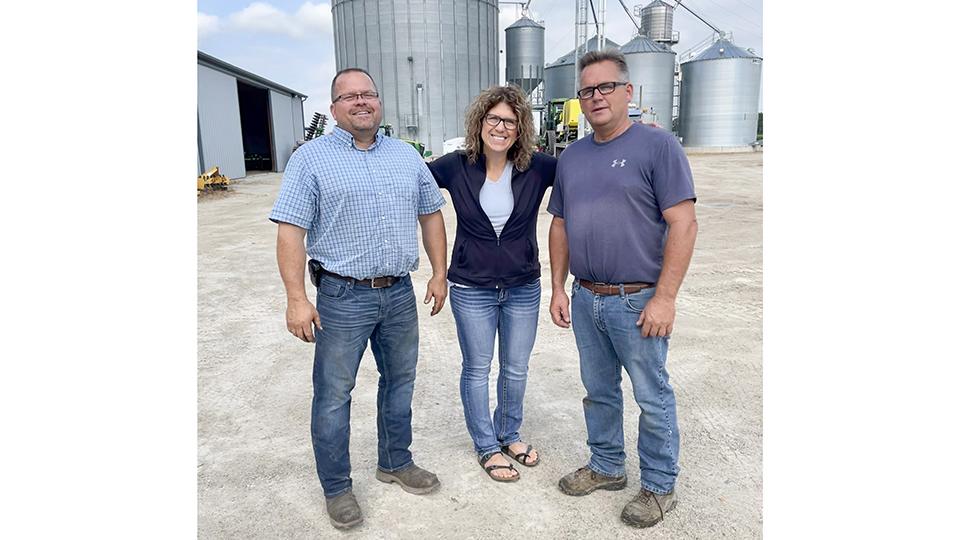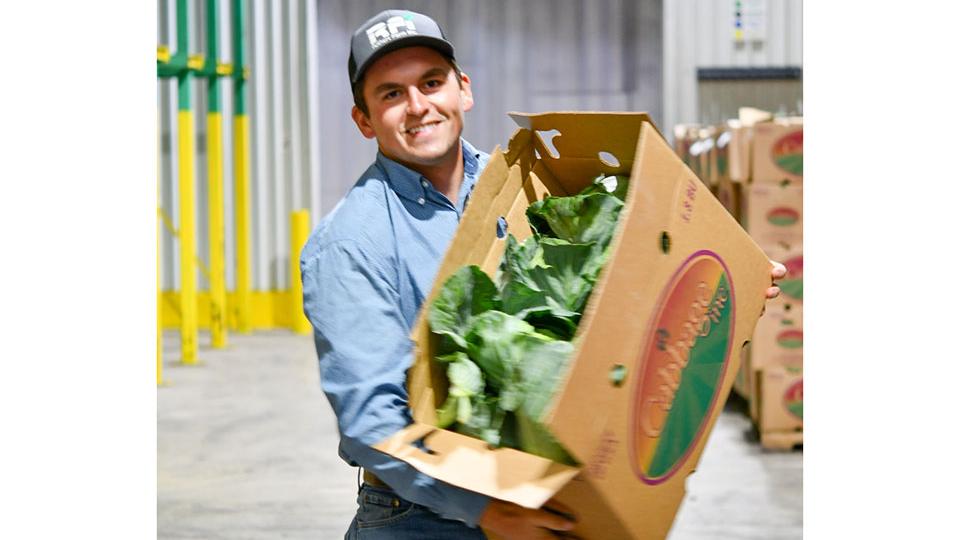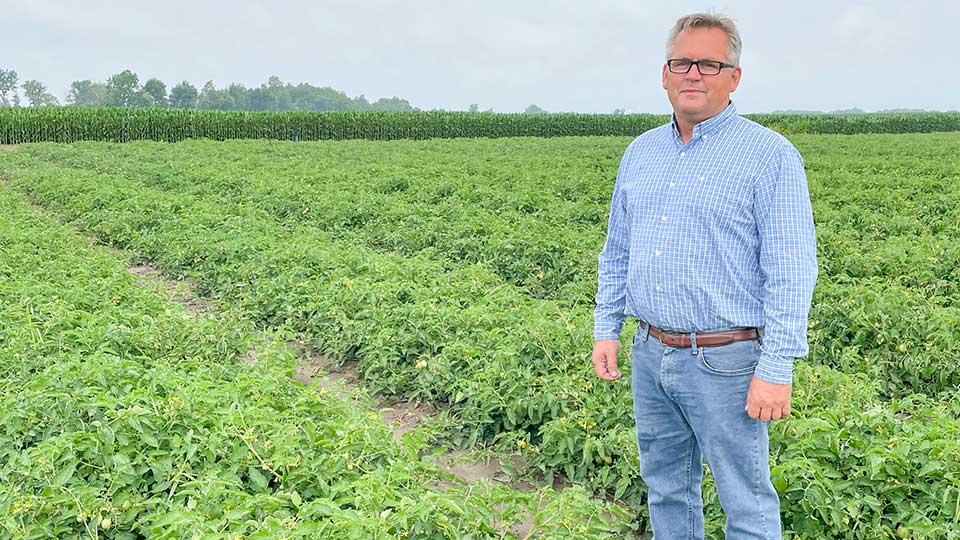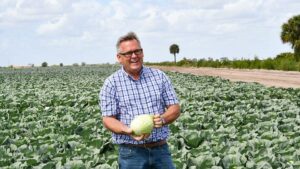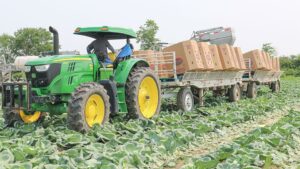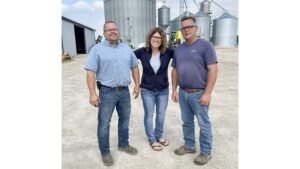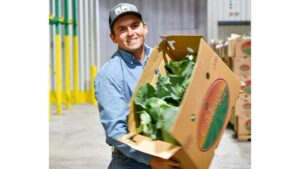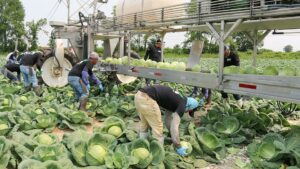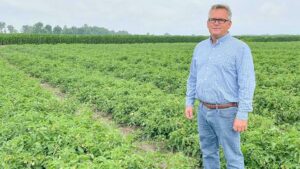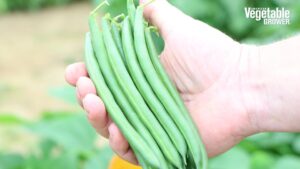Rothert Farm Inc. Shares Its Solutions
What makes one vegetable operation stand out from others? In Rothert Farm Inc.’s (RFI) case, it’s a management philosophy that percolates throughout the farm. The Northwest Ohio and South Florida-based operation strives to always grow and seeks new ideas to test. And it’s a willingness to share what they learn with their peers.
“We like to brainstorm off of other people and we’re really open about letting people come out and see what we’re doing,” says Jake Rothert, son of current co-owner and RFI leader, Trent Rothert. “We want to get their opinion, see what they’re doing, and swap ideas.”
It’s an openness that stems from Trent. His philosophy is that vegetable growers are all facing the same challenges, and that they’ll all benefit if they can tackle them together.
Rothert Farm Inc.’s dynamic and generous approach to growing earned them the coveted American Vegetable GrowerSM National Grower Achievement Award for 2021.
There are two areas RFI excels in currently that you would enjoy learning about: technology adoption and succession planning. And feel free to reach out to them; they’d love to hear how you’re handling your own advances.
Embracing Technology
At its Ohio location, RFI focuses on two main crops: processing tomatoes and cabbage. With little labor available, efficiency matters.
To that end, the farm keeps improving labor-intensive processes. It purchased a core drill so workers can cut a head, bore it, and have it ready to ship that much more quickly.
The Rotherts are watching for other opportunities in cabbage.
“With the cost of labor increasing so much, we’re talking about it all the time,” Trent says. “We know we have to get some more automation in the cabbage harvest side of it. I think it can be done.”
RFI’s technology push mostly takes place in Florida, however. Jake Rothert, Trent’s son, trials then adopts technology where it makes sense.
He’s already using Plant Tape, the transplanter that rapidly deploys seedlings in the field. There are three automated weeders in the trial phase now, and he’s using drones for beneficial bug application and scouting.
New technology is pricey. So how does RFI afford it?
“You know, it is expensive, but you’re not having to rely on finding people that are going to want to work,” Jake says.
Take PlantTape, he says.
“What would be a crew of 15 to 18 people, we’re replacing them with three,” Jake says. “It is expensive. But the capital needed to maintain a crew for an 18- to 22-week season is really challenging.”
The same reasoning applies to automated weeding machines. If he can reduce the number of people needed to cultivate a field, it will offset much of the cost.”
RFI works closely with the manufacturers, who act as advisors on how to get the most from their technologies. In return, RFI allows them to bring potential clients onto the farm for demonstrations.
Succession Planning at Work
Like many operations, RFI will see new leadership in place within the next 20 years. Understanding that, the Rothert family is helping Jake, 26, take on true responsibilities and learn what it takes to successfully manage a large operation.
“It’s been a transition that has been years in the making. It’s been since he was a little boy. He had his own sweet corn business when he wasn’t even old enough to drive,” Trent says.
After earning his degree in agricultural management at Michigan State University, Jake headed to Tanimura & Antle for an internship at their Salinas, CA, home base.
Tanimura & Antle bears little resemblance to RFI. It’s one of the larger vegetable operations in the country and specializes in the cool weather crops the Salinas Valley is renowned for. Jake’s internship exposed him to how others produce crops. It also allowed him to work where he wasn’t part of the owner’s family.
Not long after he returned to the farm, Jake’s father had him trying his hand at RFI’s new location in Florida. A few years earlier, the Rotherts wanted to expand their cabbage operation beyond the Midwest season and began growing in Okeechobee — on the north side of Lake Okeechobee and north of the well-established Belle Glade growing area.
In addition to the cabbage program, Jake soon began introducing new crops, including some common in Salinas — kale, iceberg, and celery. He’s built the iceberg program from scratch.
“It’s not typically a crop that’s grown [in Florida]. It’s been a real learning curve, but we’ve been scaling it up more and more the last few years. We’re now close to more than 800 acres of just iceberg lettuce,” Jake says.
Managing the Florida operation is giving him the chance to learn how to be a leader, with the risks, financial responsibility, and decision making that brings. But he gets to do so with his father’s experience easily accessible. During the Florida growing season, Jake moves to Florida and oversees production full time, with Trent flying in weekly to give Jake backup.
Generational transitions aren’t easy. But the Rotherts have found a way to give a future leader the power he needs to be truly seasoned before shouldering the weight of full-time leadership.
The strategy is already earning dividends. The Florida operation has grown, now rivaling the Ohio home-base acreage at 3,000. By the time Trent retires, Jake will have the skill set needed to keep RFI moving forward.
Rothert Farm Inc. At a Glance
Owners: The Rothert Family
Founded: 1991
Locations: Elmore, OH, and Okeechobee, FL
Ohio crops: Processing tomatoes, cabbage, kale, soybeans, and corn on about 3,000 acres.
Florida crops: Cabbage, kale, iceberg lettuce, celery, silage corn, and hay, also on about 3,000 acres.
Customers
Tomatoes: Hirzel Farms – Dei Fratelli label
Red and green cabbage and lettuce: Cabbage Inc., McEntire Produce, Duda Farm Fresh Foods, Taylor Farms, Fresh Express, and Dole




